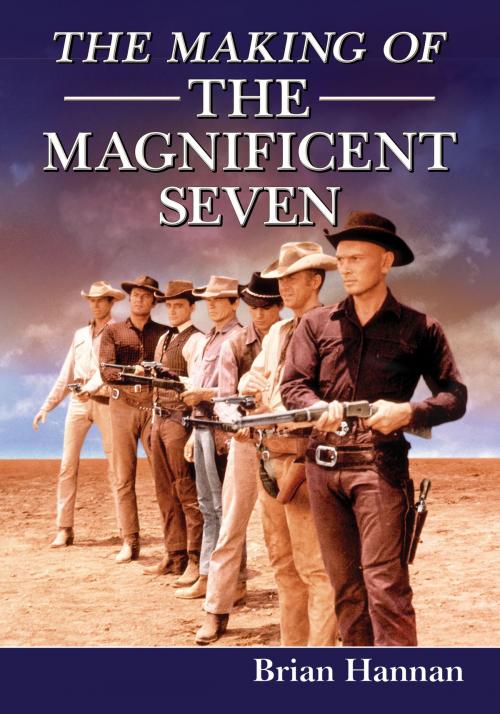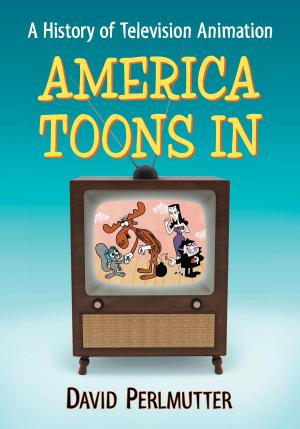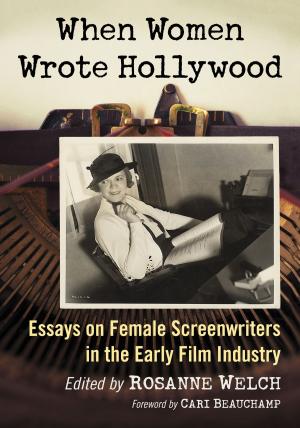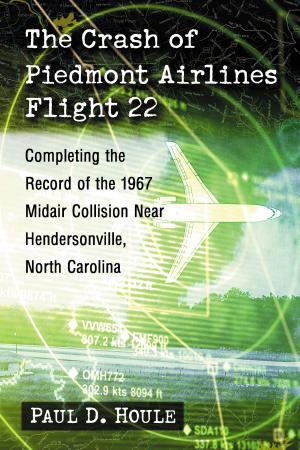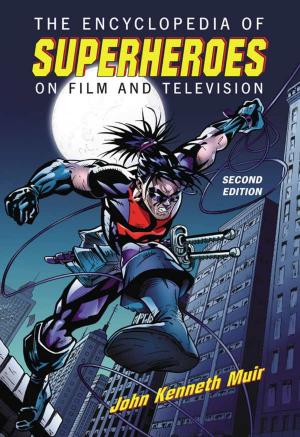The Making of The Magnificent Seven
Behind the Scenes of the Pivotal Western
Nonfiction, Entertainment, Performing Arts, Film, History| Author: | Brian Hannan | ISBN: | 9781476619101 |
| Publisher: | McFarland & Company, Inc., Publishers | Publication: | October 14, 2015 |
| Imprint: | Language: | English |
| Author: | Brian Hannan |
| ISBN: | 9781476619101 |
| Publisher: | McFarland & Company, Inc., Publishers |
| Publication: | October 14, 2015 |
| Imprint: | |
| Language: | English |
The story behind The Magnificent Seven could have been a movie in itself. It had everything—actors’ strike, writers’ strike, Mexican government interference and a row between the screenwriters that left one removing his name from the credits, all under the lingering gloom of post–McCarthy era Hollywood. A flop on release, it later became a box office hit. This book tells the behind-the-scenes story: how Yul Brynner became the biggest independent producer in Hollywood; why John Sturges was not the first choice after Brynner surrendered the director’s chair; why Sturges quit; the truth about the Mirisch Company (producers); the details of the film’s botched release and unlikely redemption; the creation of Elmer Bernstein’s classic score; and how internecine fighting prevented the making of the television series in 1963. Myths about Steve McQueen, his feud with Brynner and the scene-stealing antics of the cast are debunked. A close examination of the various screenplay drafts and the writers’ source material—Akira Kurosawa’s Seven Samurai—shows who wrote what. Extensive analysis of Sturges’ directorial work is provided.
The story behind The Magnificent Seven could have been a movie in itself. It had everything—actors’ strike, writers’ strike, Mexican government interference and a row between the screenwriters that left one removing his name from the credits, all under the lingering gloom of post–McCarthy era Hollywood. A flop on release, it later became a box office hit. This book tells the behind-the-scenes story: how Yul Brynner became the biggest independent producer in Hollywood; why John Sturges was not the first choice after Brynner surrendered the director’s chair; why Sturges quit; the truth about the Mirisch Company (producers); the details of the film’s botched release and unlikely redemption; the creation of Elmer Bernstein’s classic score; and how internecine fighting prevented the making of the television series in 1963. Myths about Steve McQueen, his feud with Brynner and the scene-stealing antics of the cast are debunked. A close examination of the various screenplay drafts and the writers’ source material—Akira Kurosawa’s Seven Samurai—shows who wrote what. Extensive analysis of Sturges’ directorial work is provided.
